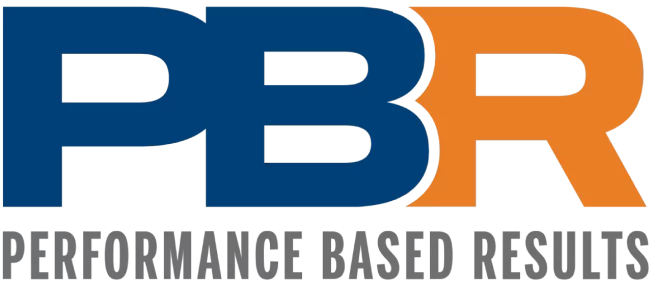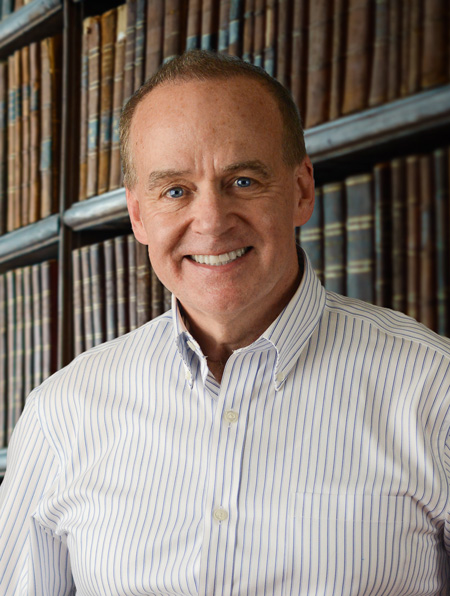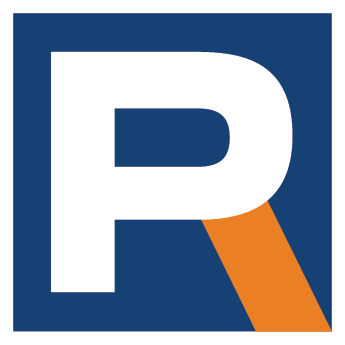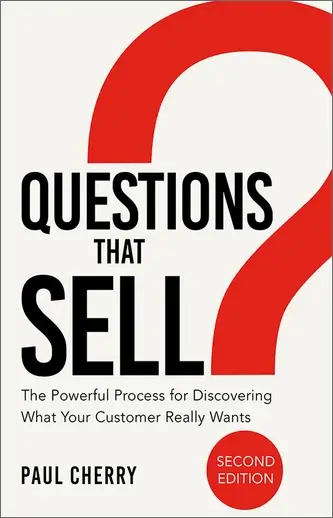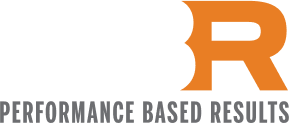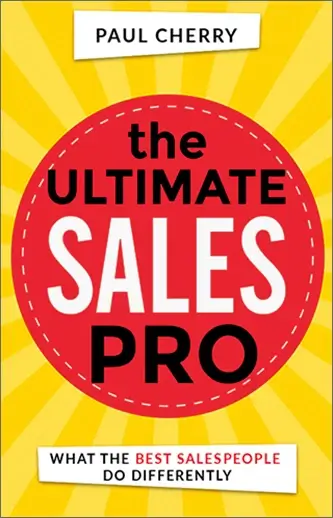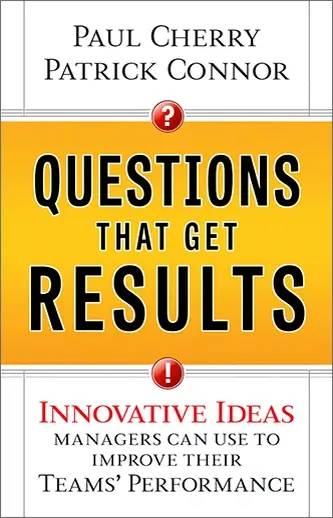Last month, Sandra Saunders from Wright Medical participated in my successful sales training webinar, Engaging the C-Suite Executive, geared to the medical device industry. Sandra posed the following question:
What is important to a C-suite hospital executive, and how can we best engage this person?”
Answers Hospital C-Suite Executives Are Seeking
This challenging question comes up often in our medical device sales training programs. Hospital C-suite executives are looking for answers on how to:
- Maintain/increase profitability.
- Differentiate themselves from other hospital choices (their competition), and trying to grow marketshare.
- Keep their board and shareholders happy.
- Better manage internal communications when employees don’t communicate well.
- Minimize risk and litigation.
- Adhere better to compliance and federal regulations.
- Improve employee morale and motivation.
- Hire and retain good quality workers from a limited pool and limited resources.
In one of our medical device sales training programs last month, it was eye-opening how many seasoned medical device sales reps in a role-play session would attempt to talk to a C-suite executive about products, e.g. hip or knee replacements, plates, screws, fixation, etc. If he/she tries to shoehorn a pitch into the conversation, all too often they find themselves quickly escorted out of the C-suite executive’s office.
How to Engage the Hospital C-suite Executive
The way I see it, the problem is that too many medical device sales reps are comfortable calling on clinicians, doctors, and material managers. It’s great that these sales reps are confident when calling on these people, but they also need good sales training coaching to enhance their skills to call on C-suite executives in order to have more impact on the decision-making process. Having strong product knowledge may be important when engaging a clinician, but it may sound like a foreign language to a C-suite executive.
Create the Value Proposition
A good medical device sales rep needs to position how he or she can create and deliver value. I suggest an exercise we use in our medical device sales training programs. Ask your reps to craft their own value propositions. Hopefully they won’t give you a puzzled look. If you’re impressed with what they come up with, now you have some good value propositions to use as a tool to initiate conversations with prospective hospital C-suite executives.
A good value proposition has to answer the following questions that a C-suite executive would have on his or her mind:
- What other hospitals have you worked with?
- What specific problem were they experiencing?
- What solution did you provide?
- Can you quantify the results?
- And as a result, how can you potentially address my needs?
